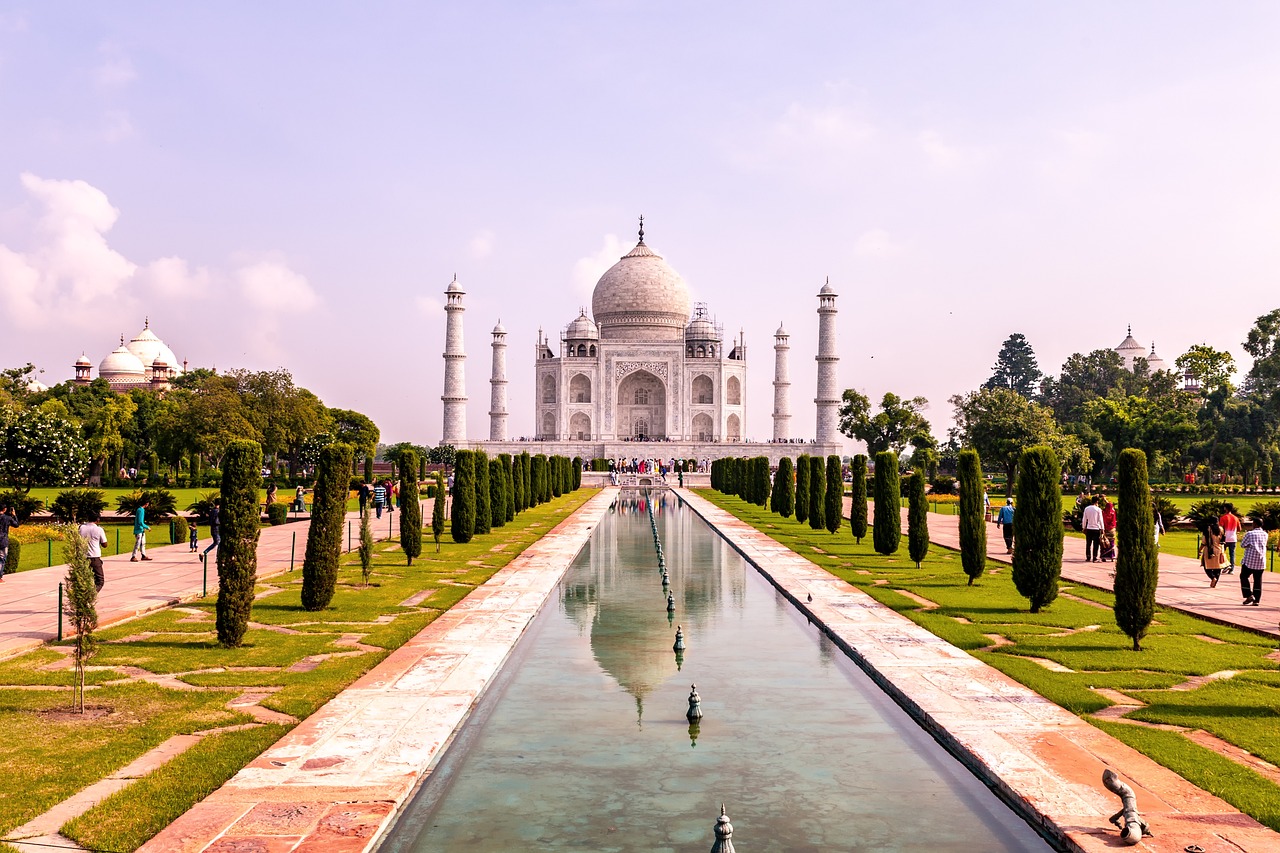Analyzing the Impact of Election Results on Foreign Policy
Political leadership changes can significantly impact diplomatic relations between countries. When a new leader takes office, existing alliances and agreements may be reevaluated, and new strategies and priorities may be put in place. This can lead to shifts in foreign policy and the way countries engage with each other on the global stage. Therefore, it is crucial for diplomats to closely monitor and adapt to these changes to effectively navigate the evolving diplomatic landscape.
Moreover, political leadership changes can also bring about opportunities for strengthening relationships between countries. New leaders may bring fresh perspectives and approaches to foreign policy, which could open doors for enhanced cooperation and collaboration. By building trust and fostering dialogue with the incoming leadership, diplomats can help ensure that diplomatic relations remain strong and productive during these periods of transition.
Historical Examples of Foreign Policy Shifts After Elections
One prominent historical example of foreign policy shifts post-election is the case of the United States presidential election of 1960. Following John F. Kennedy’s victory, there was a notable change in the country’s approach towards the Cold War. Kennedy’s administration introduced the concept of flexible response as a countermeasure to the previous administration’s policy of massive retaliation.
Another significant instance occurred in 2016 when Donald Trump was elected as the President of the United States. Trump’s administration brought about a shift in foreign policy, including a more inward-looking approach and a focus on bilateral relations rather than multilateral agreements. This change in strategy had implications on various global issues such as trade, security, and climate change.
Challenges Faced by Diplomats During Transition Periods
During transition periods between political leadership changes, diplomats often encounter a myriad of challenges that can impact diplomatic relations and foreign policy. One significant issue is the uncertainty and unpredictability that comes with a new administration’s stance on key international issues. Diplomats must navigate this ambiguity delicately to ensure continuity in relationships with other countries and to uphold their nation’s interests on the global stage.
Additionally, diplomats face the challenge of building trust and establishing rapport with the incoming leadership. This involves understanding the new administration’s priorities, beliefs, and strategies, while also conveying the importance of maintaining long-term diplomatic relationships. Building these connections is crucial for effective communication and cooperation in addressing shared challenges and advancing mutual interests on the diplomatic front.





